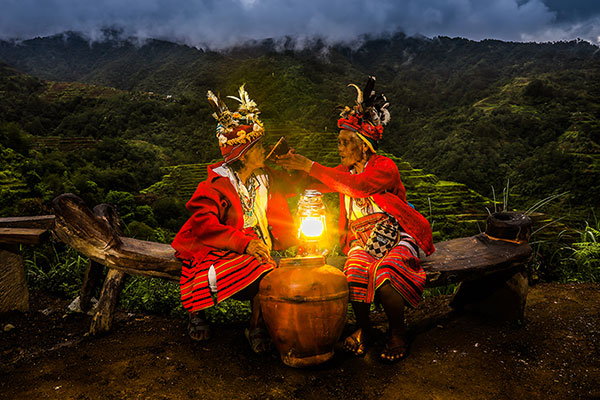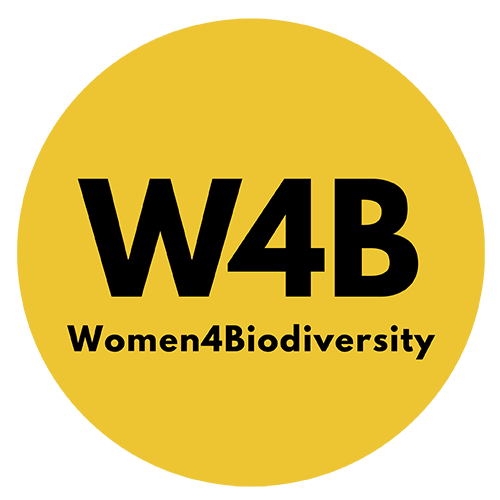Women4Biodiversity hosted “Women, girls and the right to a clean, healthy and sustainable environment,” a conversation with UN Special Rapporteur on human rights and the environment David Boyd in Montreal, Canada on 13 and 14 December last year. The two-part event was among the Women’s Hub activities during the Fifteenth Meeting of the Conference of Parties to the Convention on Biological Diversity (CBD COP 15).
Boyd talked about the United Nations’ historic recognition of humans’ rights to live in a clean, healthy and sustainable environment, which was acknowledged by the UN Human Rights Council in 2021 and by the UN General Assembly in 2022.
“The right to live in a clean, healthy and sustainable environment is different from every other human right because it not only includes the health and well-being of humans, but also the health and well-being of nature,” Boyd said. “It opens the door to a unified interpretation of the right of nature. We are a part of nature, we are not a separate entity…not disconnected.”

Boyd said that this “internationally recognized right brings in a whole library of human rights principles, like non-discrimination.” He connected the need for non-discrimination to the need for women’s rights to be truly “recognized, respected, and fulfilled.”
“When women are in decision-making places, great things happen,” he said, underscoring women’s historical roles in sustainable management of natural resources and biodiversity conservation and restoration. “[For example,] when women are in forest management, forests are conserved better,” he said, adding that it is crucial for women to have access to information, participation and justice.
During the session, Boyd also talked about the report he was then working on, “Women, girls and the right to a clean, healthy and sustainable environment (now published here).
He also highlighted the need for women to be truly included in the post-2020 global biodiversity framework, and for the adoption of the post-2020 Gender Plan of Action. Human rights had to
be integrated in the whole framework as well.
“The challenge is really how do we implement this, and we critically need more resources to make it happen,” Boyd said.
Boyd also shared success stories of women and communities advocating for their rights to a clean, healthy and sustainable environment. One significant case he mentioned was when individuals and environmental justice organizations in Mpumalanga province in South Africa filed a lawsuit against the government because of air pollution affecting people, especially women and children with asthma. The court found the government in violation of residents’ human rights.
The women who attended the session also shared stories and challenges from their communities. Glyphosate in food sources and the bigger issue of food sovereignty in the indigenous First Nations in Canada, the lack of women in governance in conservancies (private land set aside for conservation) in Kenya, and indigenous peoples’ land rights in the Democratic Republic of Congo (DRC) were among the issues women brought to the conversation.

Boyd noted that recognizing women’s and indigenous peoples’ land rights is also key to realizing humans’ rights to a clean, healthy and sustainable environment.
With regard to implementing a human rights-based and gender-responsive global biodiversity framework and the vision of the human right to a clean, healthy and sustainable environment, Boyd said: “We can only move forward. States cannot move backwards. If they do, we need to hold their feet to the fire.”


